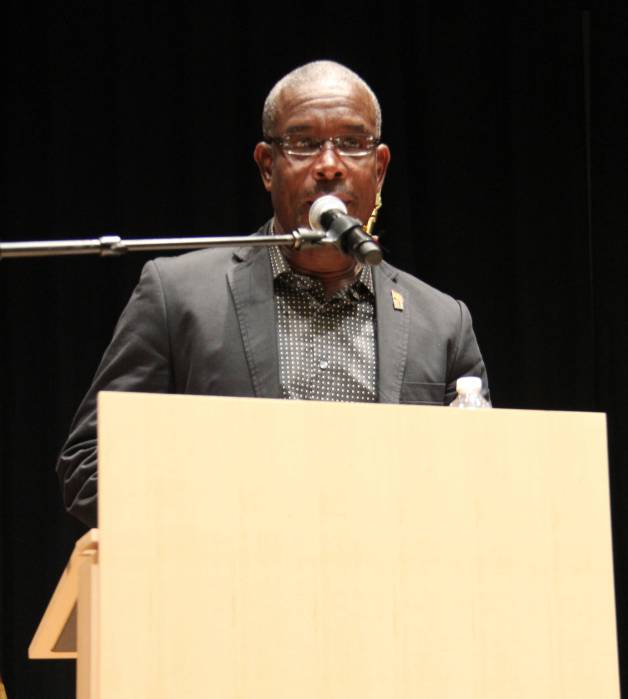To The Editor:
Government agencies are urgently working to restore some sense of order to the lives of the millions of people impacted by Hurricane Sandy. Everyone is particularly sympathetic where homes or businesses immediately along the shoreline were inundated and seriously damaged. Although there is considerable, well-intentioned pressure to re-establish our communities back where they were along the shoreline, this solution will eventually put residents, as well as emergency personnel, at considerable risk again.
Buildings, roads, sewers, electrical lines and other infrastructure are very expensive to replace, but there are more intangible costs associated with the stress of disrupted lives, and the constant worry of wondering if it will happen again. Scientific evidence is clear that sea level will continue to rise over the coming decades – it is not going to ‘get better’ or recede. Serious flood and storm events such as Hurricane Sandy in the Atlantic, and Katrina along the Gulf, will occur again – it’s just a question of how soon.
This is the right time for our federal, state and local governments to take a different approach – a more sustainable solution that recognizes that shoreline habitats are naturally dynamic and resilient. Unlike humans, shoreline ecosystems can easily adapt to sea flooding and shifting sands. Shellfish, fisheries and wetlands actually flourish in these environments.
We can redesign our shoreline communities – allowing the seashore the room it needs to absorb a storm’s energy when it occurs. Instead of armoring shorelines, stabilizing sands, and rebuilding immobile structures, we need to move people and their homes out of the highest risk areas, out of harm’s way, and allow the seashore to be dynamic again. The newly vacated space can provide valuable benefits as a buffer against the storms, as green space, as a place for tourism and recreation, and as a restored habitat for fish and wildlife on which we depend – truly a win-win solution.”
Rebecca Schneider
Professor of Natural Resource
Atkinson Center for a Sustainable Future
Cornell University


























